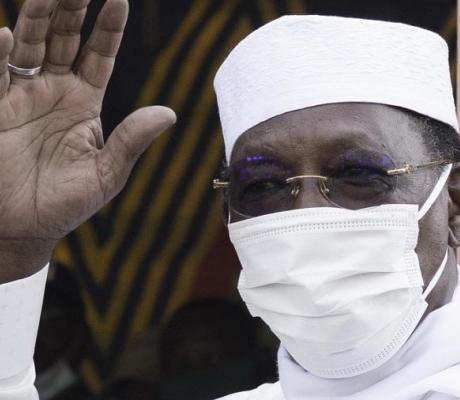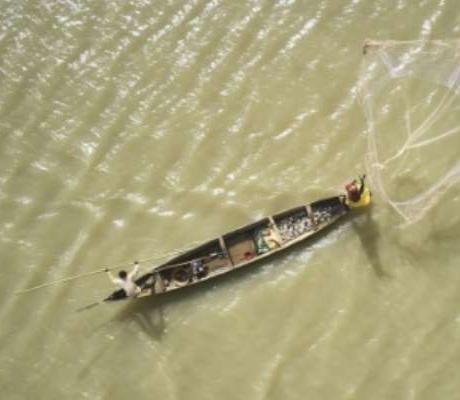As a result of the glorious place the ancient empire occupies in our understanding of the history of the continent, the name Mali is as unforgettable as it is revered.
The tales of yore, one involving the man believed to be the richest in the Middle Ages, Mansa Musa, have been a source of pride for people of African descent for so long. The ancient Mali empire allows a case to be made for an unbreaking civilization of African peoples which is usually started from the time of the ancient Egyptians.
Modern Mali is an area that was one of the territories of the ancient empire. According to archaeologists, that region, south of the Sahel, has been inhabited since 5000 BC. By the third century in our common era, settlements with large populations had already been founded in the area.
Since the areas south of the Sahel were more agriculture-friendly lands, population booms were almost certainly guaranteed. The towns that sprang up around the 3rd century could count on a stable supply of food and were also more secured as a result of not having to deal with the harshness of the Sahara desert.
Stability and population growth came in handy when the Trans-Saharan trade, a commercial relationship that traveled from west Africa to the Middle East, started at the end of the 6th century. They trade in such commodities as ivory, gold, and slaves, proved to be very profitable for the peoples of the Sahel.
Around the 13th century, a Mande people who spoke Mandinka, grew prosperous enough to put together a formidable kingdom. One of the reasons for their unimpeded growth was that another mighty kingdom, Ghana, founded in modern Burkina Faso in the 10th century, had begun to collapse.
The Mandinka-speaking people grew into an empire, which they called Mali. The meaning of the name of this empire has been settled, however, the motivation for calling the area Mali has proved daunting for researchers for nearly a century. However, certain theories have been propounded.
Historian Philip Wolny believes that Mali comes from a Mandinka phrase meaning “where the king lives”. This purports to show that Mali was a small town that synecdochically became the name of the empire because of the importance the town later took on.
Today, Mali refers to a proudly independent west African nation that holds promise even in the face of economic and political instabilities.
Source: face2faceafrica.com







